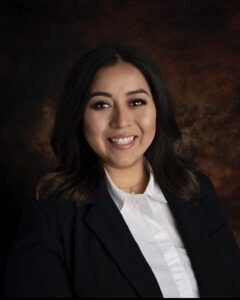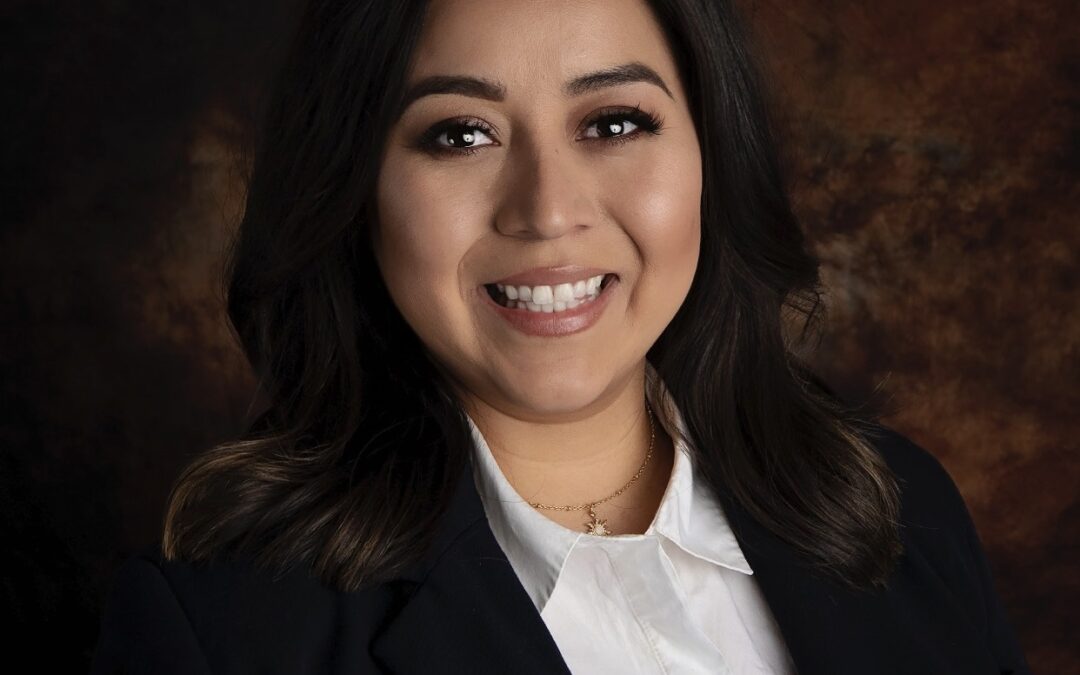Ashley Merida BSN, RN is the president of the Phoenix chapter of the National Association of Hispanic Nurses and talked with Minority Nurse recently to help mark Hispanic Heritage Month, held annually from September 15 to October 15. She says the organization’s advocacy for nursing in general and Hispanic nurses in particular has been a building block for her personal and professional growth.
Merida, who works in solid organ transplant of the Mayo Clinic Hospital in Phoenix, says she has known nursing was the career path for her since she was a child. “My younger brother was sick and in and out of the hospital, and I spent lots of time in the hospital visiting,” she says. For a while, Merida shifted her career aspirations to firefighting, but, she says with a laugh, “my heart went back to nursing.”
Through a bilingual nurse fellowship program at Phoenix College, Merida started her nursing education and became passionate about giving back to her community. “It was a calling for me,” she says. She found both an opportunity to do that and a new core community when she accompanied a friend to a NAHN meeting in 2017. “I heard the president at the time, Veronica Vitale, speak and she was so inspiring and motivating,” she says. “I found a new family in that moment.” With less than 10 percent of nurses identifying as Hispanic, Merida says she’s often the only Latina nurse in a room. But at the NAHN meeting, she was surrounded by others who shared her heritage and had so many accolades. “I felt like I belonged,” she says.
From her first NAHN meeting, Merida set a goal to become a leader in the organization and to eventually lead as the chapter president. As she became a regular at NAHN meetings, Merida says her fellow NAHN members were an excellent support during times when things got tough. “They helped me keep going during the times when I wanted to quit,” she says. The chapter members have an energy and warmth, she says, that includes checking in on each other, asking about their families, and understanding their nursing lives.
NAHN’s members set high goals for themselves that are modeled by their own work and advocacy. They work with nurses and nursing students to connect preceptors with students, to offer DACA-friendly scholarships, to advance financial literacy, and to offer CEUs. They also partner with schools so nurses can speak to younger children and tell them about nursing careers.
Merida recognizes the efforts of Hispanic nurses before her including Dr. Ester Ruiz, a co-founder of NAHN’s Phoenix chapter. Ruiz made an impact for the entire community, says Merida, and is still on NAHN’s Phoenix chapter’s board. Merida feels the responsibility to honor Ruiz’s work and that of other Hispanic nursing leaders who struggled for equity for nurses and Hispanic patients. “It’s important,” she says, “to pave the way.”
- Is the FNP Program Right for You? - April 24, 2024
- WOC Nurses Week Highlights Specialty - April 16, 2024
- Honoring Radiology Nurses Day on April 12 - April 12, 2024



